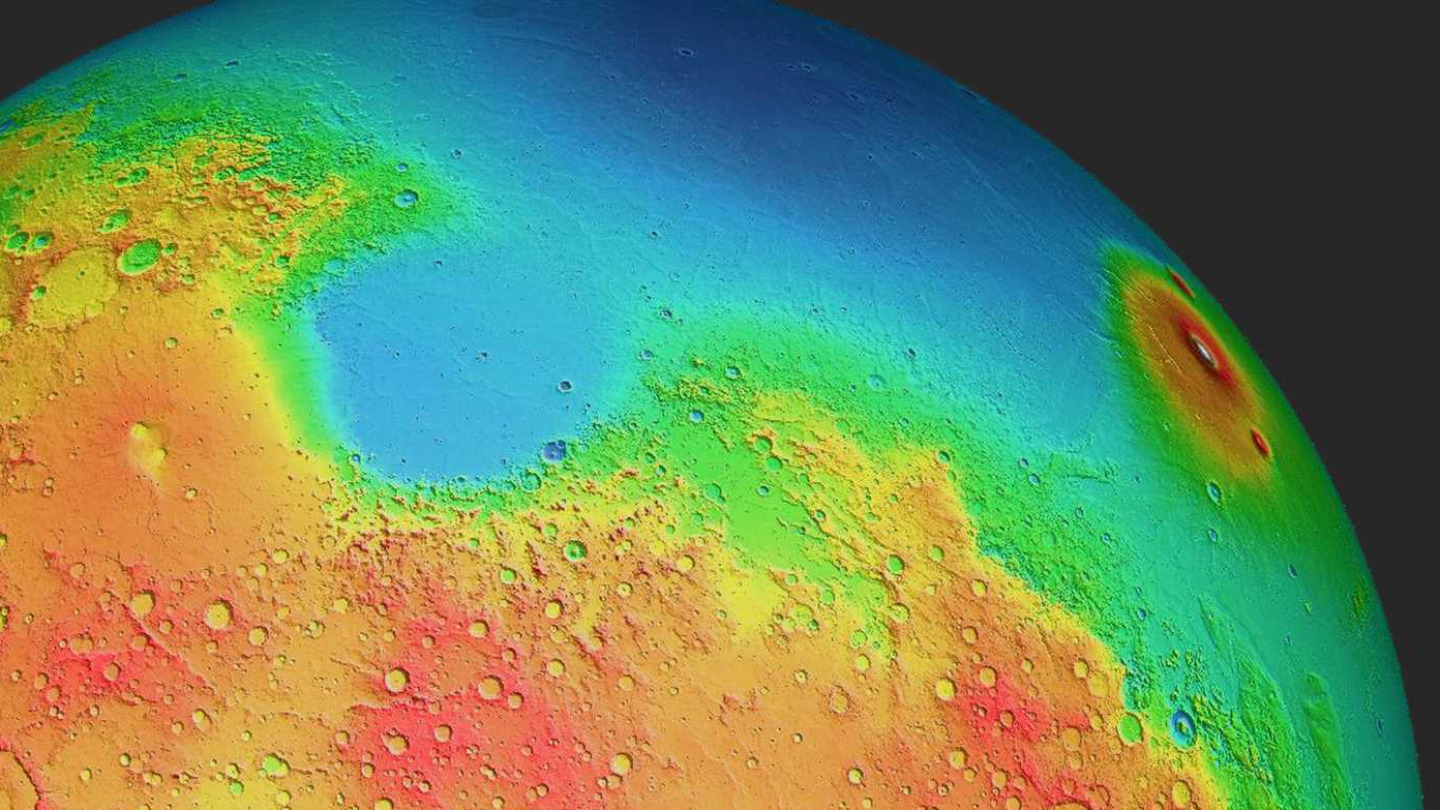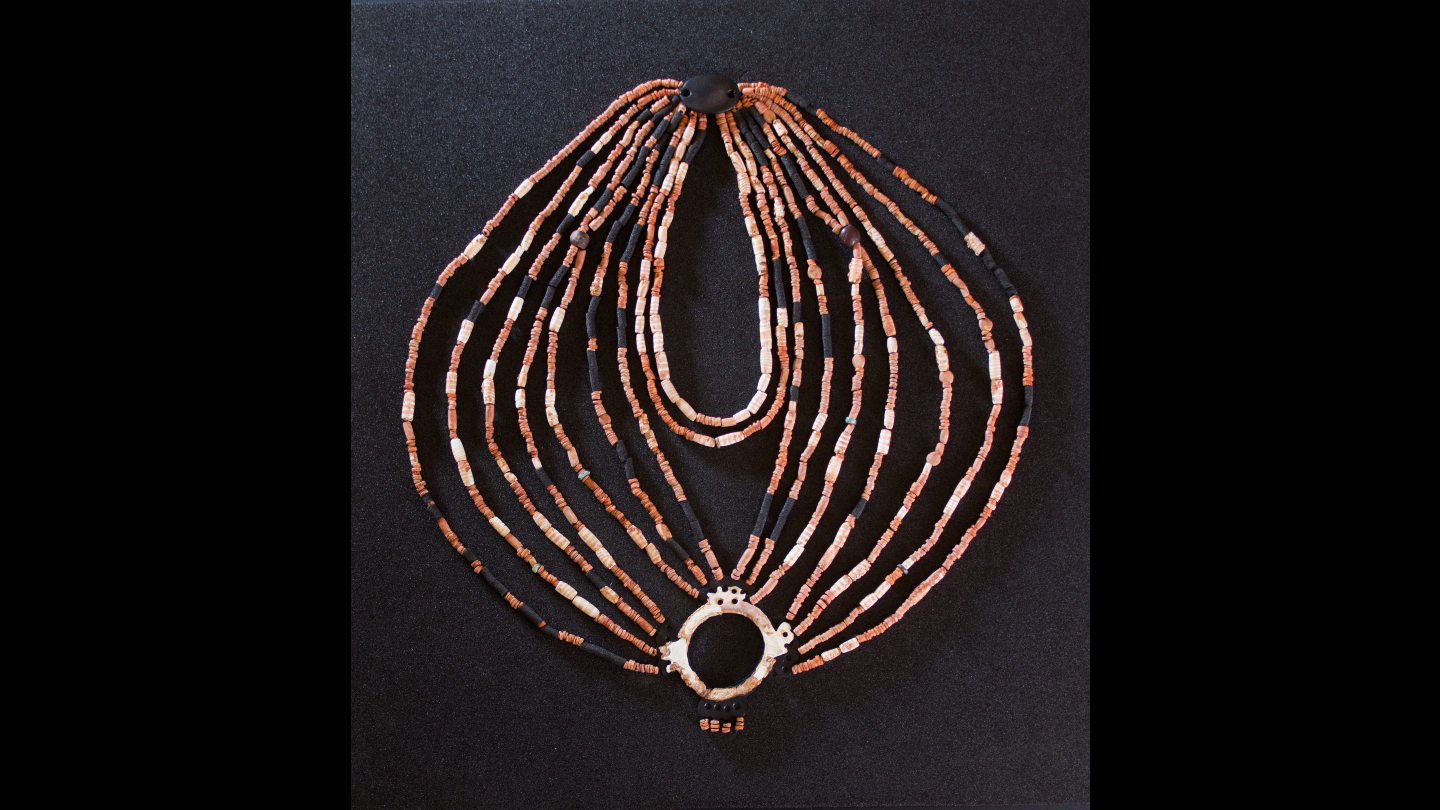Planetary scientists now know how thick the Martian crust is, thanks to the strongest Marsquake ever observed.
On average, the crust is between 42 and 56 kilometers thick, researchers report in a paper to appear in Geophysical Research Letters. That’s roughly 70 percent thicker than the average continental crust on Earth.
The measurement was based on data from NASA’s InSight lander, a stationary seismometer that recorded waves rippling through Mars’ interior for four Earth years. Last May, the entire planet shook with a magnitude 4.7 quake that lasted more than six hours (SN: 5/13/22). “We were really fortunate that we got this quake,” says seismologist Doyeon Kim of ETH Zurich.
InSight recorded seismic waves from the quake that circled Mars up to three times. That let Kim and colleagues infer the crust thickness over the whole planet.
Not only is the crust thicker than that of the Earth and the moon, but it’s also inconsistent across the Red Planet, the team found. And that might explain a known north-south elevation difference on Mars.
Topological and gravity data from Mars orbiters have shown that the planet’s northern hemisphere is substantially lower than the southern one. Researchers had suspected that density might play a part: Perhaps the rocks that make up northern Mars have a different density than those of southern Mars.
But the crust is thinner in the northern hemisphere, Kim and colleagues found, so the rocks in both hemispheres probably have the same average densities. That finding helps scientists narrow down the explanations for why the difference exists in the first place.
Knowing the crust’s depth, the team also calculated that much of Mars’ internal heat probably originates in the crust. Most of this heat comes from radioactive elements such as potassium, uranium and thorium. An estimated 50 to 70 percent of those elements are probably in the crust rather than the underlying mantle, computer simulations suggest. That supports the idea that parts of Mars still have volcanic activity, contrary to a long-held belief that the Red Planet is dead (SN: 11/3/22).
Source link














